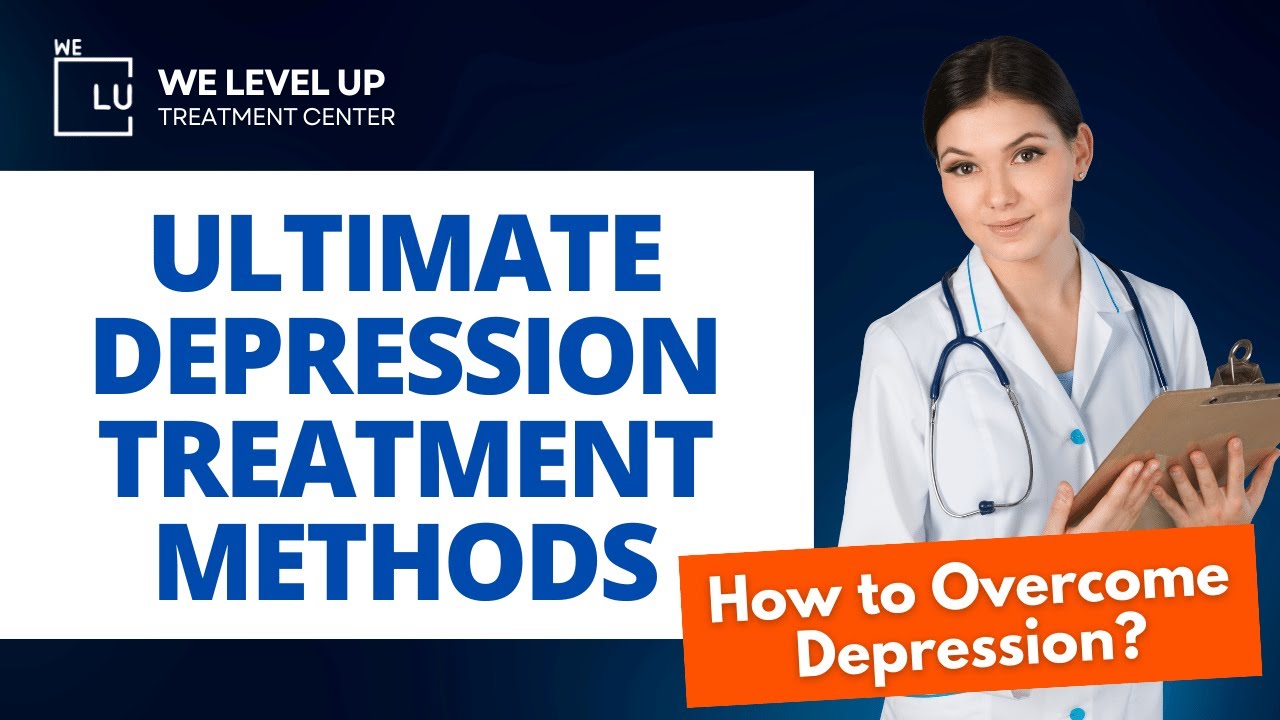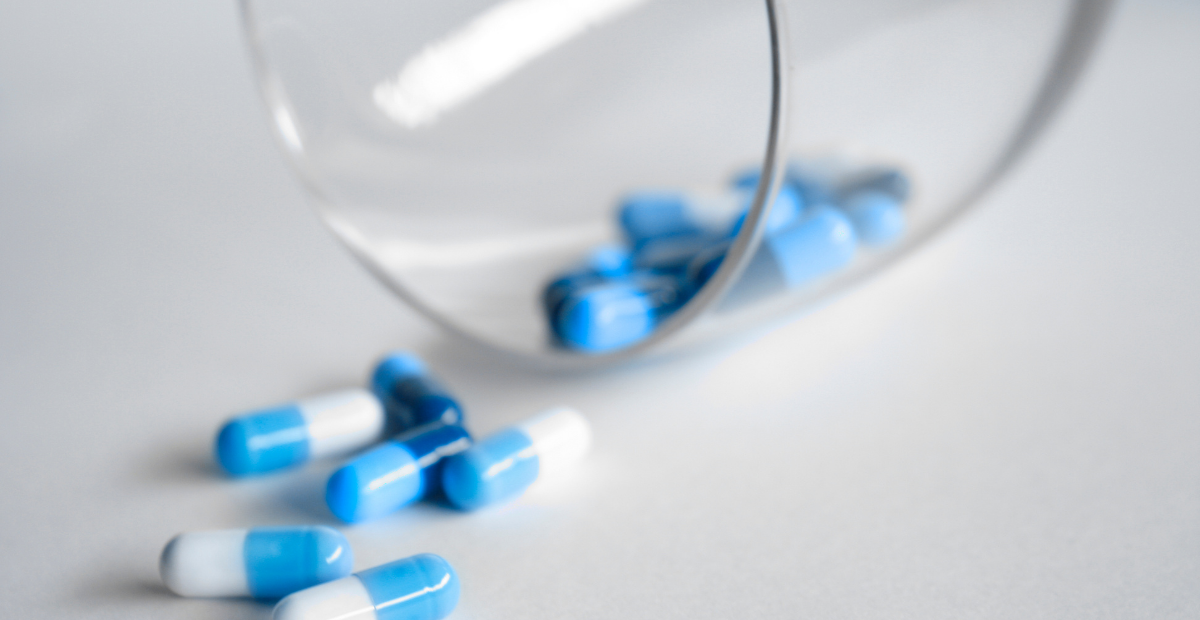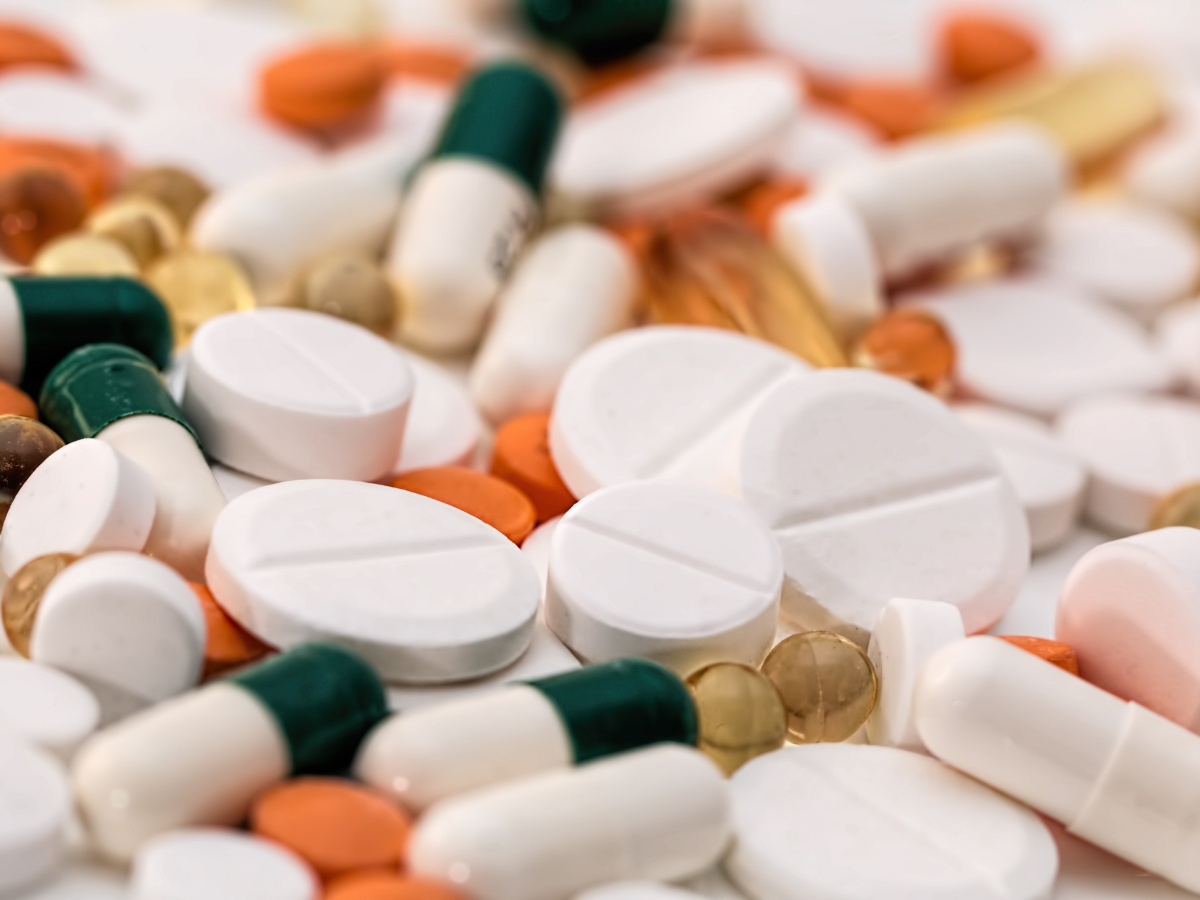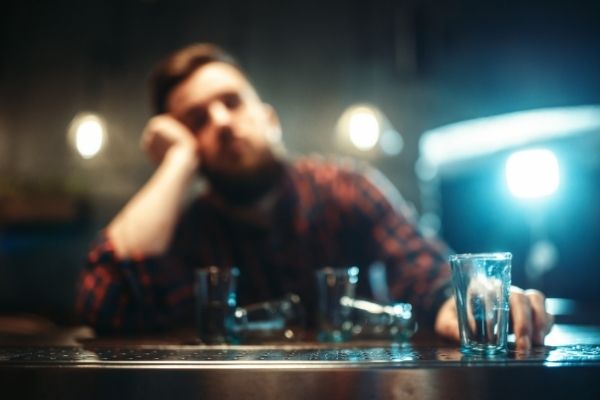Signs And Symptoms Of Drug Abuse
Early signs of drug abuse and early abuse often include such substances as tobacco, alcohol, inhalants, marijuana, and prescription drugs such as sleeping pills and anti-anxiety medicines. Studies such as the National Survey on Drug Use and Health, formally called the National Household Survey on Drug Abuse, reported by the Substance Abuse and Mental Health Services Administration, indicate that some children are already abusing drugs at age 12 or 13, which likely means that some begin even earlier. [1]
If drug abuse persists into later adolescence, abusers typically become more heavily involved with marijuana and then advance to other drugs, while continuing their abuse of tobacco and alcoholism. Studies have also shown that abuse of drugs in late childhood and early adolescence is associated with greater drug involvement until adulthood. It is important to note that most youth, however, do not progress to abusing other drugs.
Scientists have proposed various explanations of why some individuals become involved with drugs and then escalate to abuse. One explanation points to a biological cause, such as having a family history of drug or alcohol abuse. Another explanation is that abusing drugs can lead to affiliation with drug-abusing peers, which, in turn, exposes the individual to other drugs.
Not everyone who uses drugs becomes addicted. Everyone’s bodies and brains are different, so their reactions to drugs can also be different. Some people may become addicted quickly, or it may happen over time. Other people never become addicted. Whether or not someone becomes addicted depends on many factors. They include genetic, environmental, and developmental factors.
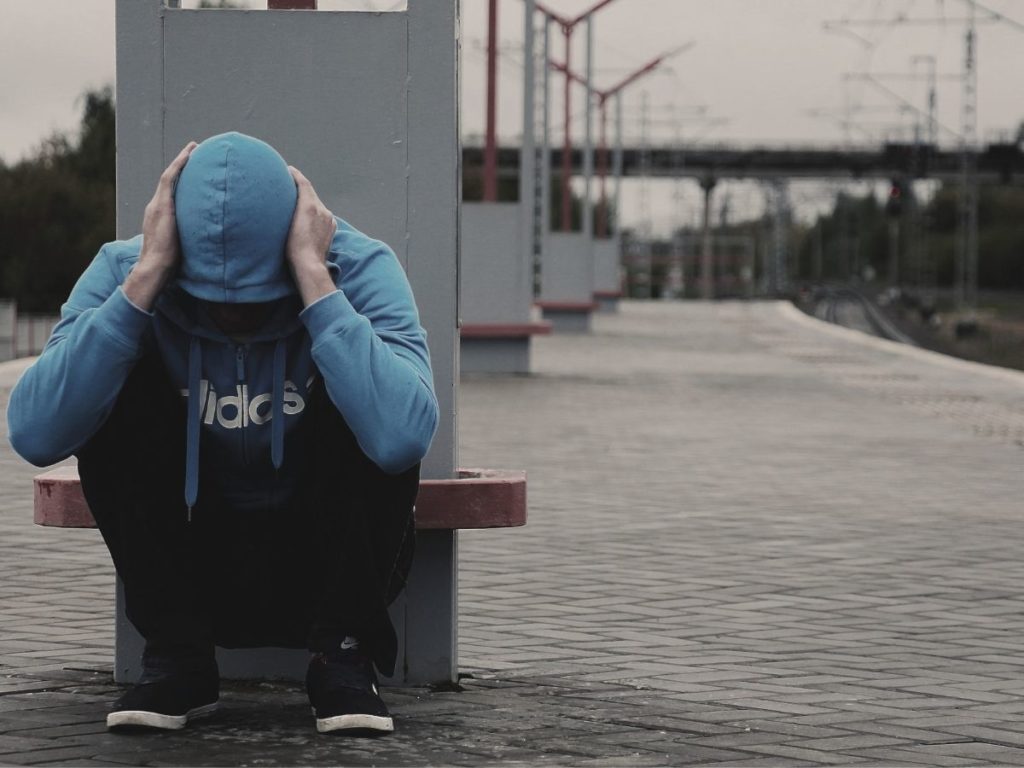
Signs Of Prescription Drug Abuse
Prescription drug abuse is when you take a medication for a reason other than why the doctor prescribed it. Experts estimate that more than 18 million people ages 12 and older have used prescription drugs for nonmedical reasons in the previous year. That’s more than 6% of the U.S. population. [2]
Signs of abuse can depend on the drug involved. Someone who abuses opioids might have:
- Dizziness
- Slow or shallow breathing
- Upset stomach, vomiting, or constipation
- Slurred speech
- Poor coordination
- Mood swings
- Depression or anxiety
Abuse of CNS depressants can cause:
- Mood changes
- Trouble walking
- Trouble concentrating
- Poor judgment
- Slow reflexes
- Slurred speech
- Memory problems
- Slow breathing
Symptoms of stimulant abuse include:
- Weight loss and lack of appetite
- Dizziness
- Headache
- Insomnia
- Nervousness
- High blood pressure
- Uneven heart rate
- Paranoia
Physical Signs Of Drug Abuse
Common physical signs of drug abuse
- Bloodshot eyes, pupils larger or smaller than usual
- Changes in appetite, sleep patterns, physical appearance
- Unusual smells on breath, body, or clothing, or impaired coordination
Behavioral Signs Of Drug Abuse
Common behavioral signs of drug abuse
- Drop-in attendance and performance at work or school
- Engaging in secretive or suspicious behaviors
- Sudden change in friends, favorite hangouts, and hobbies
Psychological warning signs of drug abuse
- Unexplained change in personality or attitude
- Sudden mood swings, irritability, spaced-out, or angry outbursts
- Appears fearful, anxious, or paranoid, with no reason
Warning Signs Of Drug Abuse
People use drugs for many reasons: they want to feel good, stop feeling bad, or perform better in school or at work, or they are curious because others are doing it and they want to fit in.
What makes people more likely to get addicted to drugs?
- Trouble at home. If your home is an unhappy place or was when you were growing up, you might be more likely to have a drug problem. When kids aren’t well cared for, or there are lots of fights, or a parent is using drugs, the chance of having signs of drug abuse goes up.
- Mental health problems. People who have untreated mental health problems, such as depression or anxiety, or untreated attention-deficit/hyperactivity disorder (ADHD) are more likely to become addicted. They might use drugs to try to feel better.
- Trouble in school, trouble at work, trouble with making friends. Failures at school or work, or trouble getting along with people, can make life hard. You might use drugs to get your mind off these problems.
- Hanging around other people who use drugs. Friends or family members who use drugs might get you into trouble with drugs as well.
- Starting drug use when you’re young. When kids or teens use drugs, it affects how their bodies and brains finish growing. Using drugs when you’re young increases your chances of becoming addicted when you’re an adult.
- Your biology. Everyone’s bodies react to drugs differently. Some people like the feeling the first time they try a drug and want more. Other people hate how it feels and never try it again. Scientists don’t have a test yet that will predict how each person will react. [3]
Signs Of Drug Abuse Related To Specific Drugs
Drugs excite the parts of the brain that make you feel good. But after you take a drug for a while, the feel-good parts of your brain get used to it. Then you need to take more of the drug to get the same good feeling. Soon, your brain and body must have the drug just to feel normal. You feel sick, awful, anxious, and irritable without the drug. You no longer have the good feelings that you had when you first used the drug. This is true if you use illegal drugs or if you misuse prescription drugs.
Misuse includes taking a drug differently than how your doctor tells you to (taking more or crushing pills to “shoot up” or snort), taking someone else’s prescription, or taking it just to get “high.”
Drug use can start as a way to escape—but it can quickly make your life worse. Besides just not feeling well, different drugs can affect your brain and body in many different ways. Here are a few:
- Alcohol: You might have trouble making decisions, solving problems, remembering,
and learning. Read here to learn more about the signs and symptoms of alcohol addiction and how to get help with alcohol addiction treatment. - Marijuana: You might forget things you just learned or have trouble focusing.
- Heroin: Similar to opioid pain relievers, your heart rate, and breathing may slow
to dangerous levels, leading to coma or death. - Prescription stimulants (e.g., ADHD medications): Your body temperature could
get dangerously high, or you may have an irregular heartbeat, heart failure, or seizures. - Prescription pain relievers (opioids) or sedatives: Your heart rate and breathing
may slow to dangerous levels, leading to coma or death. Misusing prescription medicines, including opioids. This means taking the medicines in a different way than the health care provider prescribed. This includes- Taking a medicine that was prescribed for someone else
- Taking a larger dose than you are supposed to
- Using the medicine in a different way than you are supposed to. For example, instead of swallowing your tablets, you might crush and then snort or inject them.
- Using the medicine for another purpose, such as getting high
- Misusing over-the-counter medicines, including using them for another purpose and using them in a different way than you are supposed to
- Cocaine and methamphetamine: You may get violent, have panic attacks or feel
paranoid, or have a heart attack. Read here to learn more about the signs of meth addiction and how to get help. - MDMA (Ecstasy or Molly): You may feel confused for a long time after you take it
and have problems with attention, memory, and sleep. - LSD: Your emotions may change quickly, and you might not be able to recognize
reality; frightening flashbacks can happen long after use. - Inhalants: Your heart, kidneys, lungs, and brain may get damaged; even a healthy
person can suffer heart failure and death within minutes of sniffing a lot of an inhalant.
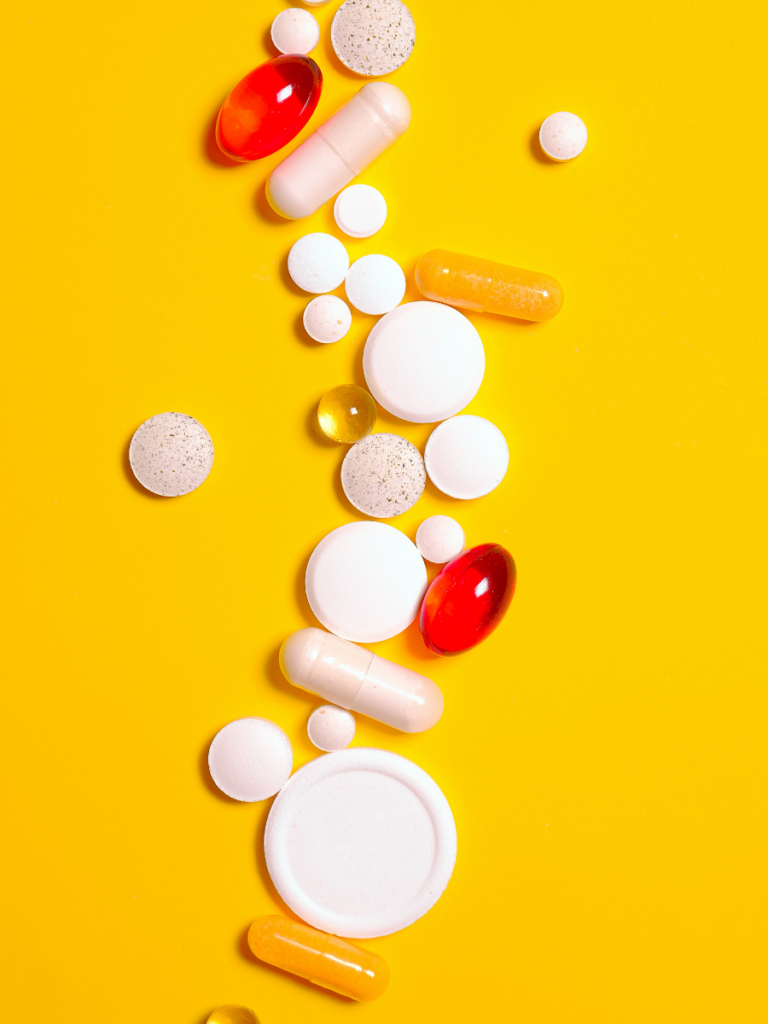
Stimulants
Stimulants, sometimes called “uppers,” temporarily increase alertness and energy. The most commonly used street drugs that fall into this category are cocaine and amphetamines.
Prescription stimulants come in tablets or capsules. When abused, they are swallowed, injected in liquid form, or crushed and snorted.
Stimulants can be addictive. Repeated high doses of some stimulants over a short period can lead to feelings of hostility or paranoia. Such doses may also result in dangerously high body temperatures and an irregular heartbeat.
Contact us to learn more and get help with stimulant drug addiction treatment.
Benzos
Benzodiazepines belong to the prescription sedative class of drugs. Although benzodiazepines have a calming effect, they are highly addictive, and a person who abuses them faces a host of symptoms.
Due to the natural process of building a tolerance, over time, a person will require a higher volume of benzodiazepines to reach the familiar high. When the abuse stops or the familiar dose is significantly cut down, withdrawal symptoms will emerge. Benzodiazepine withdrawal can be particularly dangerous and even life-threatening. Undergoing medical detox under the direct care of a doctor is generally advised. Read here to learn more about benzo addiction treatment.
Hallucinogens
Hallucinogens are a diverse group of drugs that alter a person’s awareness of their surroundings as well as their own thoughts and feelings. They are commonly split into two categories: classic hallucinogens (such as LSD) and dissociative drugs (such as PCP). Both types of hallucinogens can cause hallucinations or sensations and images that seem real though they are not. Additionally, dissociative drugs can cause users to feel out of control or disconnected from their bodies and environment.
Opioids
Opioid addiction is a long-lasting (chronic) disease that can cause major health, social, and economic problems. Opioids are a class of drugs that act in the nervous system to produce feelings of pleasure and pain relief. Some opioids are legally prescribed by healthcare providers to manage severe and chronic pain. Commonly prescribed opioids include oxycodone, fentanyl, buprenorphine, methadone, oxymorphone, hydrocodone, codeine, and morphine. Some other opioids, such as heroin, are illegal drugs of abuse.
Read here to learn more about opioid addiction and how to get help.
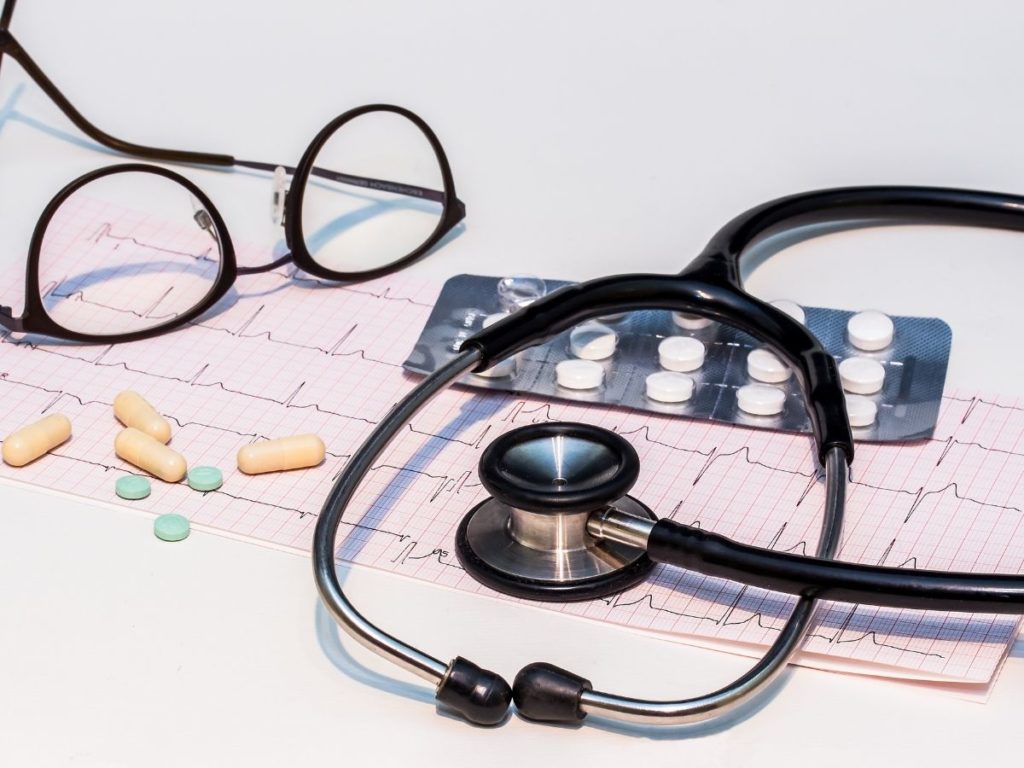
Club Drugs
Club drugs are a group of psychoactive drugs. They act on the central nervous system and can cause changes in mood, awareness, and behavior. These drugs are most often used by young adults at bars, concerts, nightclubs, and parties. Club drugs, like most drugs, have nicknames that change over time or are different in different areas of the country.
The most commonly used types of club drugs include:
- MDMA (Methylenedioxymethamphetamine), also called Ecstasy and Molly
- GHB (Gamma-hydroxybutyrate), also known as G and Liquid Ecstasy
- Ketamine, also known as Special K and K
- Rohypnol, also known as Roofies
- Methamphetamine, also known as Speed, Ice, and, Meth
- LSD (Lysergic Acid Diethylamide), also known as Acid
Some of these drugs are approved for certain medical uses. Other uses of these drugs are misused.
Many drugs can also make driving a car unsafe. Marijuana can slow reaction time, make you judge time and distance poorly, and decrease coordination (how you move your body). Cocaine and methamphetamine can make a driver aggressive and reckless. Certain kinds of sedatives, called benzodiazepines, can make you dizzy or drowsy. These effects can lead to crashes that can cause injuries and even death.
Find Addiction Therapy Houston Near You
At first, taking drugs is usually your choice. But as you continue to take them, using self-control can become harder and harder; these are the biggest signs of drug abuse. Brain studies of people with signs of drug abuse show physical changes in parts of the brain that are very important for judgment, making decisions, learning and memory, and controlling behavior. Scientists have shown that when this happens to the brain, it changes how the brain works and it explains the harmful behaviors of addiction that are so hard to control.
Sometimes people quit their drug use for a while because they’re away from triggers that remind them about their drug use. Away from home, drugs might be less available. Once you go back to normal life, you’re likely to start using again unless you take action to avoid your triggers. This return to drug use is called a relapse. People recovering from signs of drug abuse often have one or more relapses along the way if they don’t take steps to avoid their triggers.
People who get treatment and stick with it can stop using drugs. They can change their lives so they don’t go back to taking drugs. But they have to try hard and follow the treatment program for a long time. Recovery from the signs of drug abuse means you have to stop using drugs AND learn new ways of thinking, feeling, and dealing with problems. It’s best not to use it in the first place. If you do get addicted, it’ll be a long and difficult road.
After you’ve stopped using the drug, you still have a lot to do:
- You have to relearn how to live without using drugs.
- You have to work on the problems your drug use caused with your family, your job, your friends, and your money.
- You have to stay away from people you used drugs with and places where you used.
- You have to learn what makes you want to take drugs again (your triggers), so you can avoid or work on those things.
- You may also need treatment for problems that led to your drug use, such as depression, anxiety,
or other mental health problems.
Treatments for the signs of drug abuse include counseling, medicines, or both. Research shows that combining medicines with counseling gives most people the best chance of success.
The counseling may be individual, family, and/or group therapy. It can help you:
- Understand why you got addicted
- See how drugs changed your behavior
- Learn how to deal with your problems so you won’t go back to using drugs
- Learn to avoid places, people, and situations where you might be tempted to use drugs
Medicines can help with the symptoms of drug withdrawal. For signs of addiction to certain drugs, there are also medicines that can help you re-establish normal brain function and decrease your cravings.
How We Can Help? Searched for “Texas inpatient consultants” or are you seeking a national inpatient rehab destination?
If you have a mental disorder along with an addiction, it is known as a dual diagnosis. It is important to treat both problems. This will increase your chance of success. If you have a severe addiction, you may need hospital-based or residential treatment. Residential treatment programs combine housing and treatment services.
At We Level Up treatment center, we provide world-class care with round-the-clock medical professionals available to help you cope. We work as an integrated team providing information about behavioral counseling for signs of drug abuse and other aspects of treatment. Make this your opportunity to reclaim your life. Call today to speak with one of our treatment specialists. Our counselors know what you are going through and will answer any of your questions.
Sources:
[1] When and how does drug abuse start and progress? – National Institute on Drug Abuse
[2] Prescription Drug Abuse – https://www.webmd.com/mental-health/addiction/abuse-of-prescription-drugs
[3] The Science of Drug Use: A Resource for the Justice Sector – National Institute on Drug Abuse
We Level Up – Addiction » Drug Abuse Treatment Center

